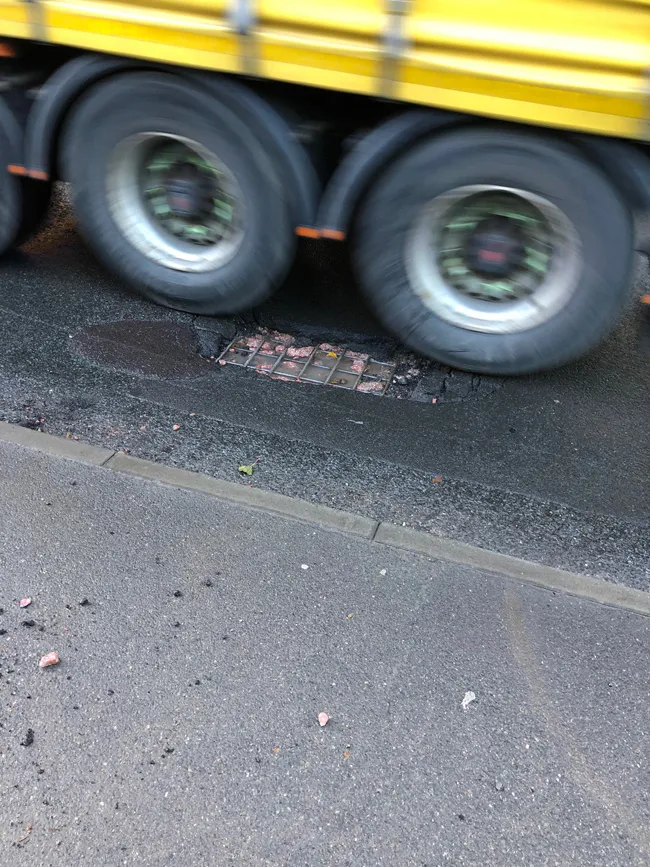According to a report in the Australian Financial Review, Victoria state treasurer Tim Pallas said that consortiums bidding for North East Link could not include more than one of the top three local contractors. This is to encourage more international companies and smaller Australian contractors to tender for the proposed 26km project.
Acciona of Spain reportedly welcomed the government’s move. The Financial Review noted that Lendlease is the only remaining large contractor in Australia. CIMIC is owned by the Spanish Grupo ACS and John Holland by China Communications Construction Company.
Construction is scheduled to start in 2020 with the road opening in 2027.
The government has call the North East Link project the “the missing link in Melbourne’s freeway network” and will boost capacity of the city’s Eastern Freeway. It was December 2016 that the state government announced it would construct a road to connect the Metropolitan Ring Road and the Eastern Freeway under a public-private partnership deal.
The project will see the Eastern Freeway grow to more than 20 lanes at its widest point, a recent report in The Age newspaper said. In addition to the 14 carriageway lanes that will flow through Doncaster and Balwyn North there will be four emergency lanes and two bus lanes. North East Link will deliver Victoria’s longest road tunnels: three-lane twin tunnels travelling for 5km underground.
To ensure that contractors have the required tunnelling skills, the state government’s project team announced the intention to create “an Australian-first tunnelling training centre” near Melbourne. “The centre will train thousands of local workers to deliver tunnel projects in Victoria - including the North East Link,” according to a written statement.
The $11.5 million Victorian Tunnelling Centre will be built at Holmesglen Institute’s Chadstone campus to train and skill local workers in underground construction and tunnelling. It will include a replica tunnel with a full-height entrance, three multi-purpose engineering workrooms and training facilities including tunnel shaft and concrete lining spray simulators, as well as virtual reality experiences.
Holmesglen Institute will offer certificate and diploma qualifications as well as safety training for working underground. By 2021, it is estimated up to 5,000 students will participate in training courses at the centre annually.
The centre, which is modelled on the successful Tunnelling and Underground Construction Academy established as part of London’s Crossrail city transportation project, will open next year.
German TBM manufacturer Herrenknecht – which is building the six TBMs for the West Gate Tunnel and Metro Tunnel projects - will open an office in Melbourne. A key part of their work will be on how the TBMs can be reused and recycled and put to work on Victoria’s other major tunnelling projects into the future.
Smaller contractors wanted for Melbourne’s North East Link project
Australia’s Victoria state government has moved to ensure smaller contractors get a share of the US$12 billion worth of Melbourne city’s North East Link contracts.
According to a report in the Australian Financial Review, Victoria state treasurer Tim Pallas said that consortiums bidding for North East Link could not include more than one of the top three local contractors. This is to encourage more international companies and smaller Australian contractors to tender for the proposed 26km project.
September 27, 2018
Read time: 3 mins
Australia’s Victoria state government has moved to ensure smaller contractors get a share of the US$12 billion worth of Melbourne city’s North East Link contracts.








